Claudia López Lloreda is a reporter for The Transmitter, covering neuroinflammation, systems neuroscience and neural mechanisms of behavior. Before joining The Transmitter in 2025, she interned at STAT, Science and The Scientist.
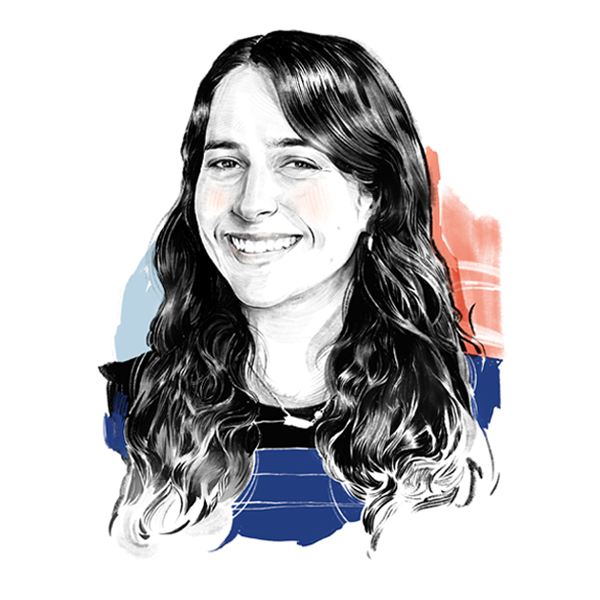
Claudia López Lloreda
Reporter
The Transmitter
From this contributor
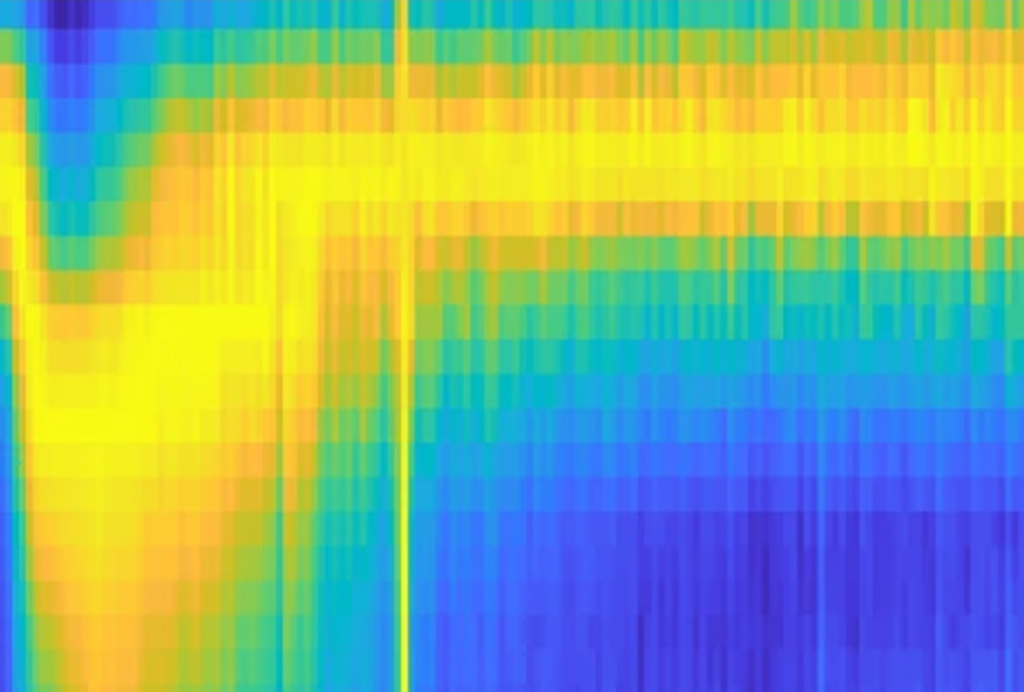
Dispute erupts over universal cortical brain-wave claim
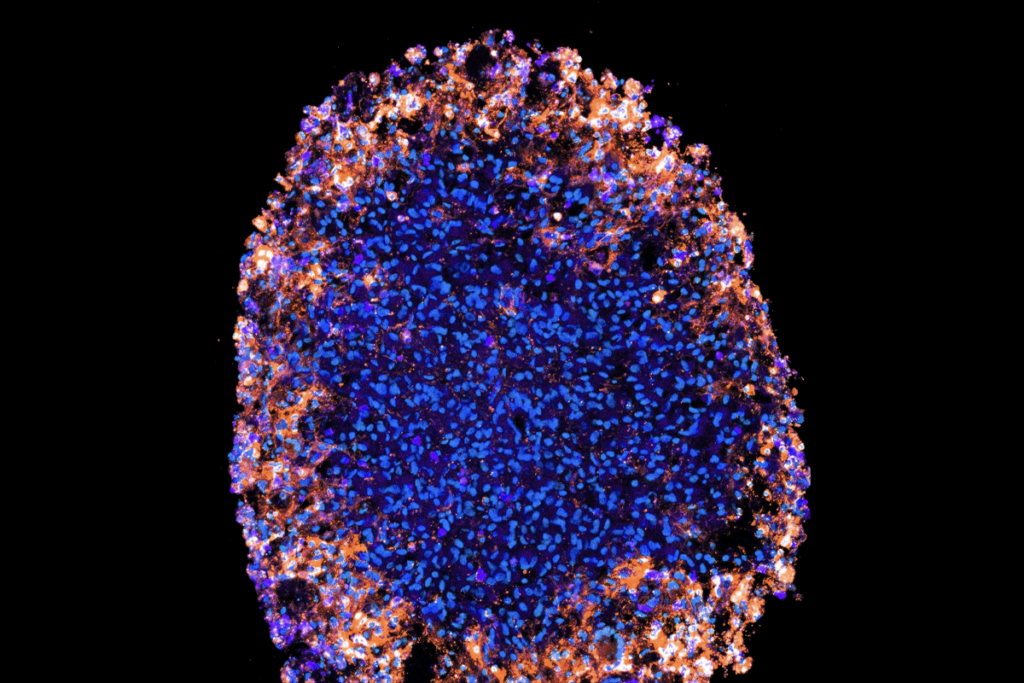
What is the future of organoid and assembloid regulation?
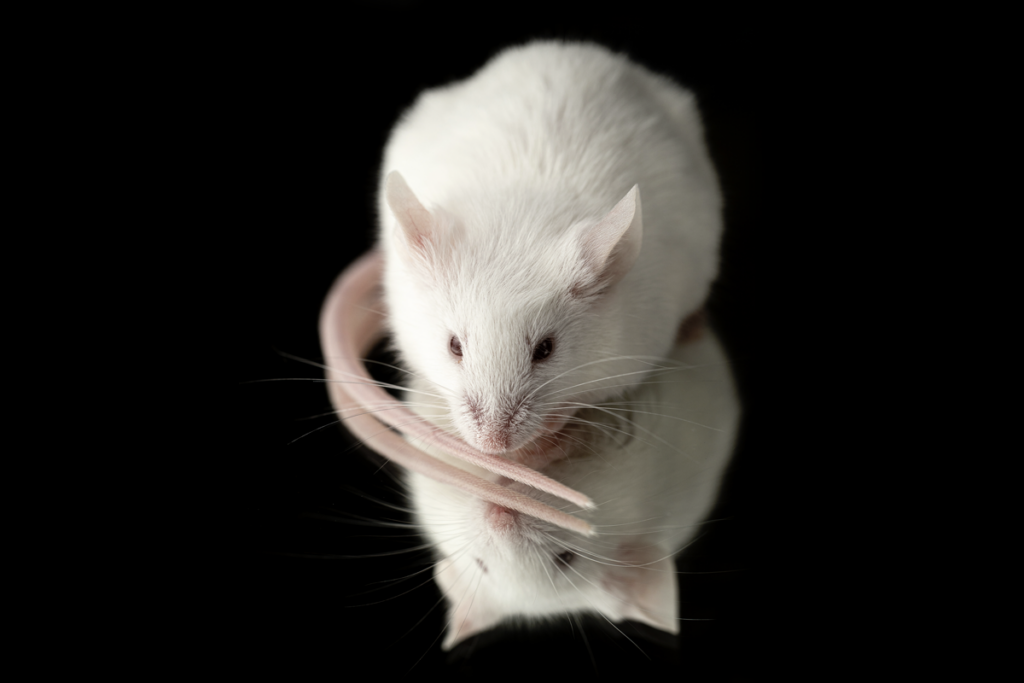
To persist, memories surf molecular waves from thalamus to cortex
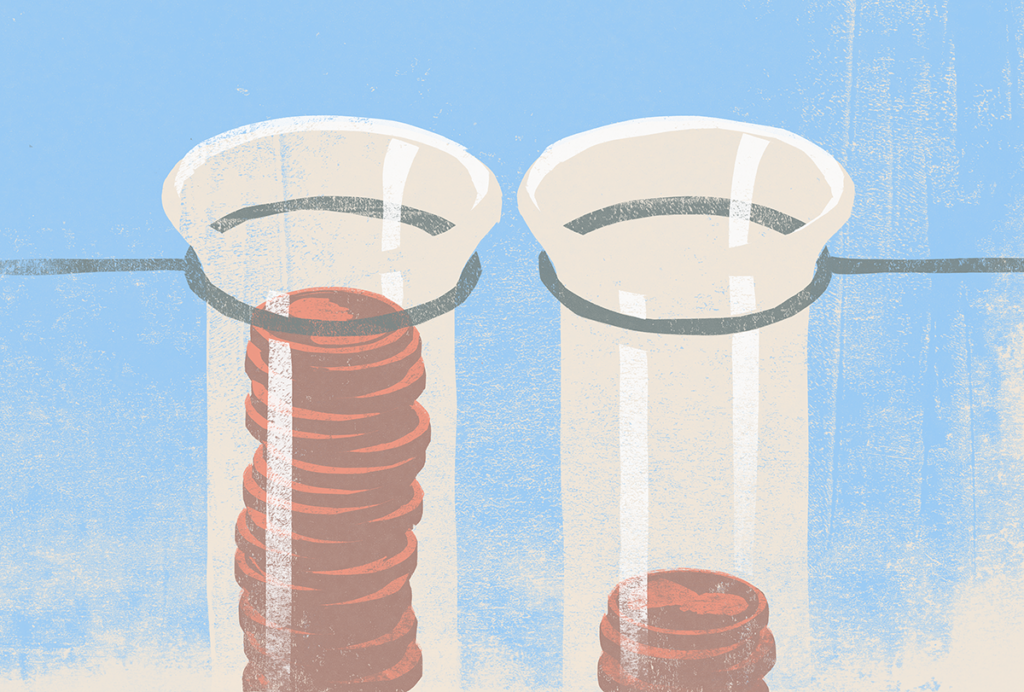
Which sources fund your neuroscience research?
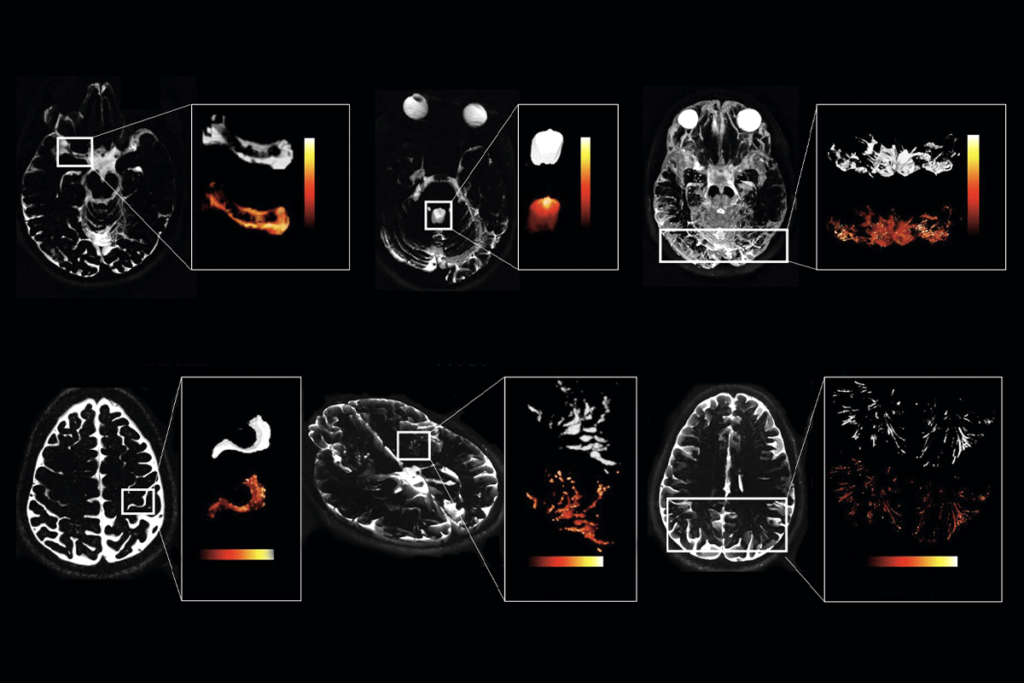
Noninvasive method lifts curtain on cerebrospinal-fluid dance in human brain
Education
- Ph.D. in neuroscience, University of Pennsylvania
- B.S. in cellular-molecular biology, University of Puerto Rico, Rio Piedras
Explore more from The Transmitter
Are brains and AI converging?—an excerpt from ‘ChatGPT and the Future of AI: The Deep Language Revolution’
In his new book, to be published next week, computational neuroscience pioneer Terrence Sejnowski tackles debates about AI’s capacity to mirror cognitive processes.
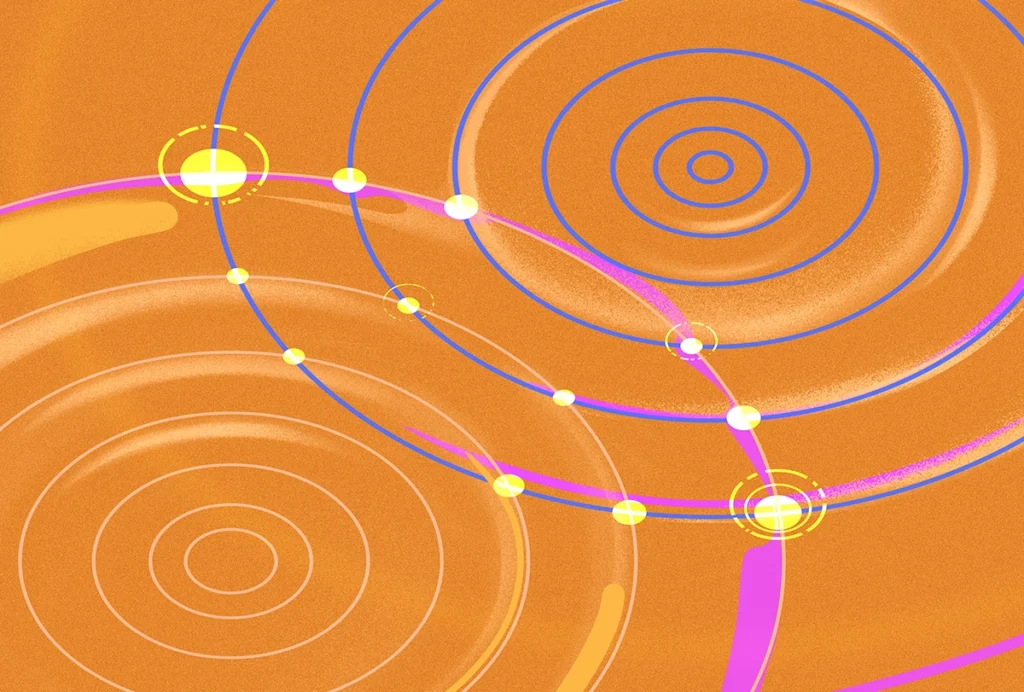
Are brains and AI converging?—an excerpt from ‘ChatGPT and the Future of AI: The Deep Language Revolution’
In his new book, to be published next week, computational neuroscience pioneer Terrence Sejnowski tackles debates about AI’s capacity to mirror cognitive processes.
Hessameddin Akhlaghpour outlines how RNA may implement universal computation
Could the brain’s computational abilities extend beyond neural networks to molecular mechanisms? Akhlaghpour describes how natural universal computation may have evolved via RNA mechanisms.
Hessameddin Akhlaghpour outlines how RNA may implement universal computation
Could the brain’s computational abilities extend beyond neural networks to molecular mechanisms? Akhlaghpour describes how natural universal computation may have evolved via RNA mechanisms.
Immune cell interlopers breach—and repair—brain barrier in mice
The choroid plexus, the protective network of blood vessels and epithelial cells that line the brain’s ventricles, recruits neutrophils and macrophages during inflammation, a new study shows.
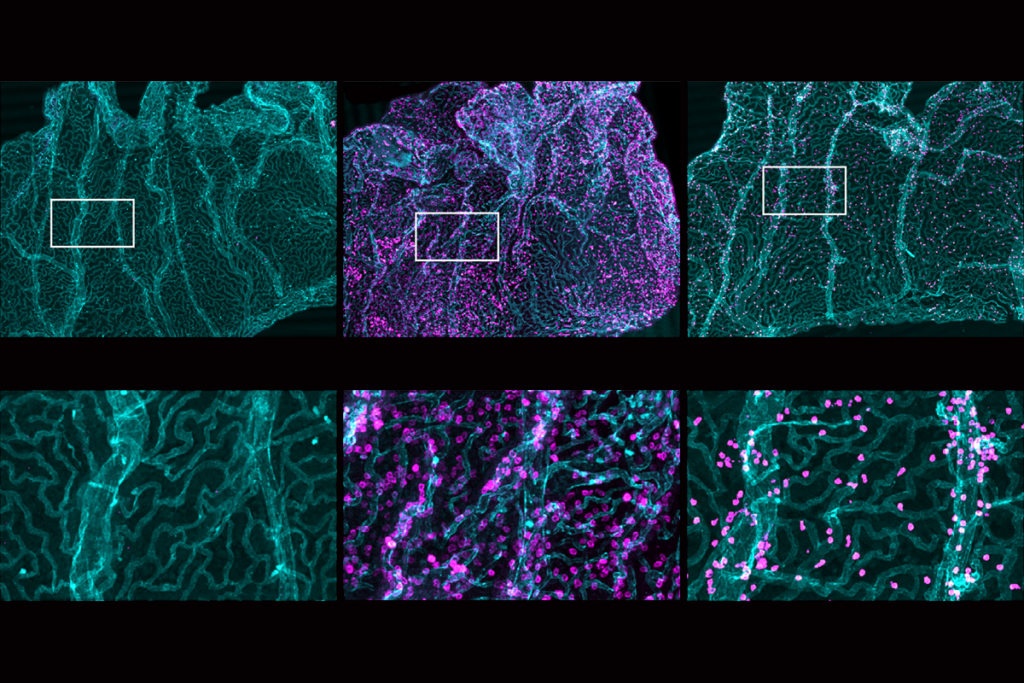
Immune cell interlopers breach—and repair—brain barrier in mice
The choroid plexus, the protective network of blood vessels and epithelial cells that line the brain’s ventricles, recruits neutrophils and macrophages during inflammation, a new study shows.